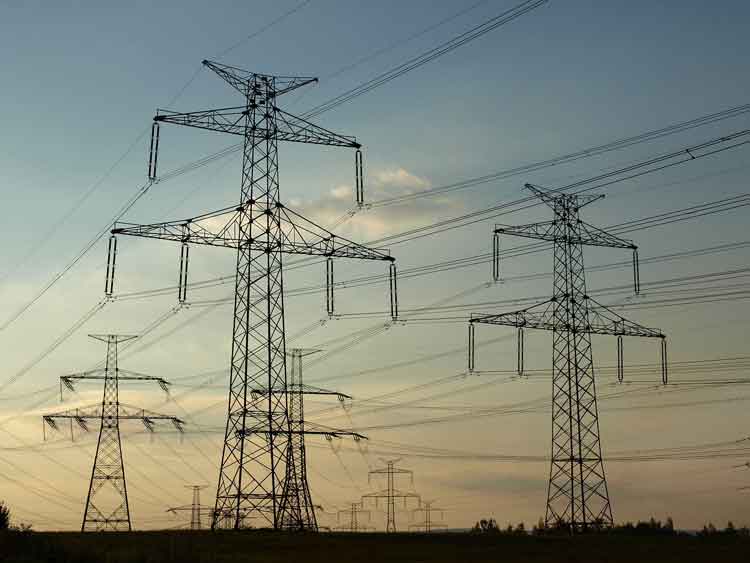Army goes electric with new Chrysler vehicles
By Associated Press
CSA Z462 Arc Flash Training - Electrical Safety Essentials
Our customized live online or in‑person group training can be delivered to your staff at your location.

- Live Online
- 6 hours Instructor-led
- Group Training Available
The fleet of small passenger vehicles and light trucks, called neighborhood electric vehicles, will be used for duties that include security and maintenance work at 40 Army installations in the U.S. The military estimates the initiative will cut its fuel consumption by 11.5 million gallons over the next six years and cost about $750 less per year per vehicle to power than their gas counterparts.
The initiative is part of an effort to "create a culture of energy awareness throughout the entire Army," said Paul Bollinger, the service's deputy assistant secretary for energy and partnerships.
The Army will lease the equipment through the General Services Administration from Chrysler LLC and other companies, Bollinger said. The vehicles will replace 4,000 gas-powered cars the Army currently leases.
Many automakers are developing electric cars that can be plugged into common household electrical outlets. They have been a centerpiece of this year's auto show in Detroit as automakers scramble to meet consumer demand for more fuel-efficient vehicles that rely less on gasoline.
At the show, General Motors Corp. featured its Chevrolet Volt electric car, designed to travel up to 40 miles on battery power. Chrysler is developing vehicles that include a sports car, a minivan and a version of its Jeep line.
Chrysler's Global Electric Motorcars division makes the two variants the Army will lease. The utility version, which can carry two passengers and includes a flatbed, can carry 1,000 pounds and cover 30 miles on a full battery charge. It will cost the Army $460 annually to power each vehicle, less than half of the $1,200 estimate for gasoline-powered cars.
Bollinger said the final cost of the program will be determined when leases are signed over the next three years. The Army will spend roughly $800,000 installing the outlets the cars need to power up.
A trial run at a German base of electric vehicles made by Chrysler ended last year with the Army deciding not to use them at the installation. But Bollinger said those vehicles were used for different tasks, like driving off-base, which caused problems because of the 30-mile limit on the batteries. The vehicles the Army is leasing in the U.S. will be used mostly on base and driven much shorter distances, he said.
Many of the Army's vehicles are far from fuel efficient. Tanks and armored vehicles, weighed down by tons of protective metal, consume gas at a rate that make even gas guzzling sport utility vehicles look green. Heavily armored equipment the Army uses to protect against mines in places like Iraq and Afghanistan get less than six miles per gallon. An Abrams tank burns a gallon of gas every two miles. Last year, the branch spent $169.7 million alone on nearly 52 million gallons of fuel for vehicles that aren't used for combat.
While the electric vehicles will not be used for combat purposes, the Army is developing new hybrid-electric powered tactical vehicles. The initiative is part of the service's Future Combat Systems, a technology-heavy modernization program. The Army also has programs to use solar, geothermal and biomass energy at some facilities.











